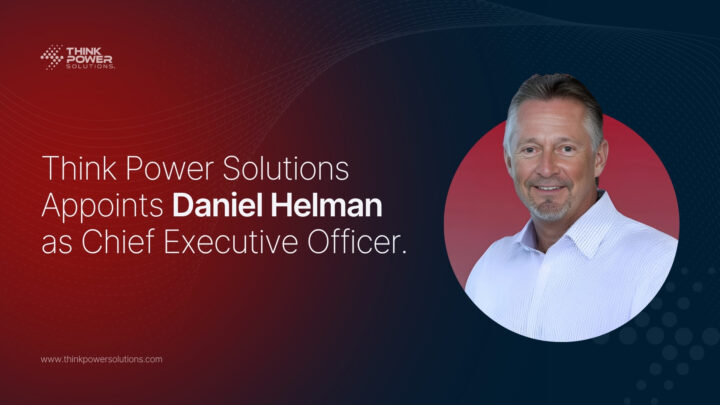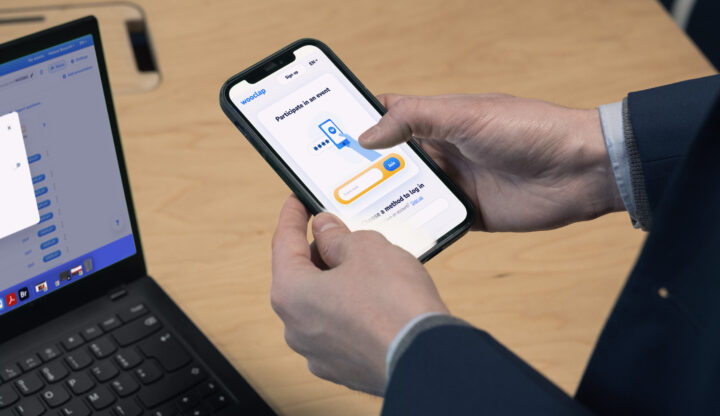A Wisconsin company introduces microchip implants as an option for its employees, but what are the risks of a micro-chipped workforce?
This week, the Wisconsin-based company Three Square Market, announced that employees will now have the option to receive a microchip installed under their skin (between the thumb and forefinger) to allow them to perform tasks such as log onto their computer, open doors, and pay for food at vending machines.
“We foresee the use of RFID technology to drive everything from making purchases in our office break room, opening doors, use of copy machines, logging into our office computers, unlocking phones, sharing business cards, storing medical/health information, and used as payment at other RFID terminals. Eventually, this technology will become standardized allowing you to use this as your passport, public transit, all purchasing opportunities, etc.” stated the CEO, Todd Westby.
While this may streamline the process of normal tasks, there are certain concerns regarding the possible complications surrounding privacy associated with such an invasive offering. Despite the company’s willingness to proceed, some experts have doubts regarding the security of these devices.
Alessandro Acquisti, a professor of information technology and public policy at Carnegie Mellon University’s Heinz College, stated “Companies often claim that these chips are secure and encrypted,” But “encrypted” is “a pretty vague term,” he said, “which could include anything from a truly secure product to something that is easily hackable.”
Moreover, an article from last year summarized 7 types of security attacks on RFID systems. A more recent article describes how easy it is to clone ID cards, although with that being said the examples used at DEFCON were not as secure as those used in the Wisconsin embedded chip implementation.
While the company’s ambitions may seem relatively innocent, there are concerns that this action from employers may be approaching dangerous territory. This is not the first case where a company’s actions have caused some alarm regarding employee privacy.
Two years ago, Myrna Arias, a former Intermex sales executive, sued her previous employer for forcing her to give up her privacy. The company required her and her fellow employees to download a mobile app that tracked geolocation, called Xora, that ran constantly on their iPhones.
Arias refused to allow her employer track her movements during non-work hours and uninstalled the mobile app, which was against her employer’s policy. This resulted in Intermex’s firing her. Arias filed a suit against Intermex for invasion of privacy, retaliation, unfair business practices, and damages over $500,000.
Though the case eventually settled out of court, it highlights the potentially invasive nature that companies can exhibit if they feel they have a right or ability to do so. Bill Gates has also expressed concerns regarding the importance of privacy not only from the government but also from private corporations.
He stated, “Historically, privacy was almost implicit, because it was hard to find and gather information. But in the digital world, whether it’s digital cameras or satellites or just what you click on, we need to have more explicit rules – not just for governments but for private companies.”
However, before we start freaking out and go all Black Mirror on this subject, it is important to consider both sides of this argument. There are many employees who like the idea of this new technology and see it as a step forward into the future. “In the next five to 10 years, this is going to be something that isn’t scoffed at so much, or is more normal. So I like to jump on the bandwagon with these kind of things early, just to say that I have it.” said Sam Bengtson, a software engineer at the Wisconsin-based company in the New York Times.
Bengtson raises an important point, highlighting the initial apprehensiveness of individuals that “scoff” at this sort of thing. We may look at this now as alarming, yet it seems paradoxical to hold concerns surrounding microchipping when know that companies and the government currently collect information on us, often with the intent of using it or selling it.
If this was explained to someone from 50 years ago, the idea alone may be enough to scare them from ever touching a computer. Yet we flock to create Facebook pages and social media accounts to willingly display are lives and share information about ourselves, with the knowledge that giving away our data is the price we pay to use these “free” services.
Furthermore, While Bill Gates may have concerns regarding employee privacy, his foundation has promoted the use of microchipping with the aim of improving female fertility. Evidently while privacy may be a concern for the tech celebrity, microchipping is not something that he appears to be too apprehensive about.
Ultimately we need to look at privacy as whole within all aspects of our lives. If we are concerned about companies invading our privacy through the use of microchipping we should be equally concerned about other areas of privacy infringement such as how companies are currently buying and selling our data.
Privacy is undoubtedly a complicated issue in our modern world, but before making any judgments, it is important to understand the issues from many angles. More specifically, what we are giving up, why we are giving it up, the risks involved, and most importantly whether or not we have a choice in the matter.









